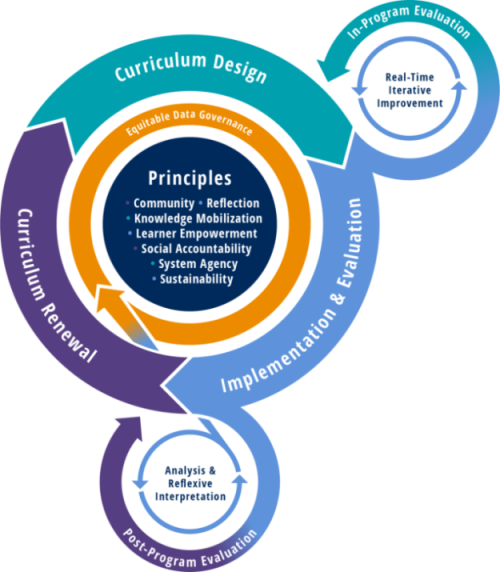Our Evaluation Strategy
The CFD adopts best practice standards in evaluation, including integration of the Joint Committee on Standards of Educational Evaluation
Our evaluation strategy is designed to align with our program goals while keeping data owners, the individuals sharing information, at the Centre. Ultimately, we aim to use the data collected through evaluation activities to drive quality improvement, guided by our Data Governance Framework.
The programs at the CFD are guided by the following principles which underpin all aspects of our programming:
- Community: Providing opportunities for participants to learn from and support one another, fostering a collective sense of growth and shared educational goals.
- Learner Empowerment: Fostering confidence, agency, and professional identity, empowering participants to apply their knowledge and skills effectively in their roles.
- Knowledge Mobilization: Mobilizing best practices in education science, ensuring that learning is relevant to participants’ roles and contexts.
- Reflection: Encouraging ongoing reflection, critical thinking, and self-assessment to support continuous learning, growth, and problem-solving.
- Social Accountability: Advancing equity by promoting accessibility, inclusivity, and diverse ways of knowing.
- System Agency: Equipping participants with tools and knowledge to understand, navigate, and/or influence complex systems in healthcare and education.
- Sustainability: Focusing on continuous improvement, feedback, and adaptation to ensure the program’s long-term impact and relevance.
Participant involvement in evaluation activities not only shapes programs but also helps create lasting benefits for the communities served. By providing feedback, participants inform decision-making, support co-creation in program design and delivery, and drive meaningful change. Overall, the evaluation strategy promotes accountability and transparency, and the time and thought that participants and partners invest in contributing their insights are deeply valued.

